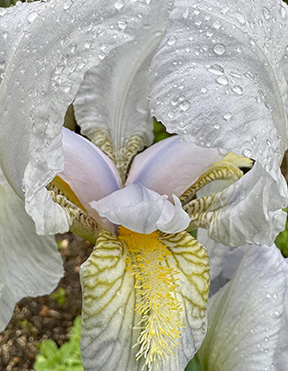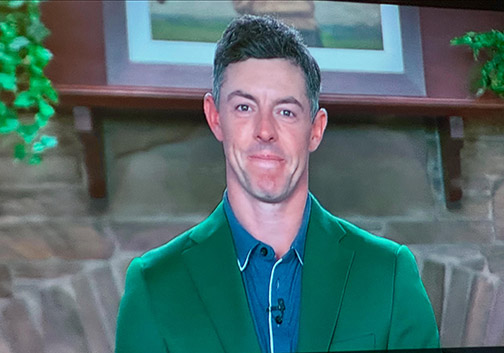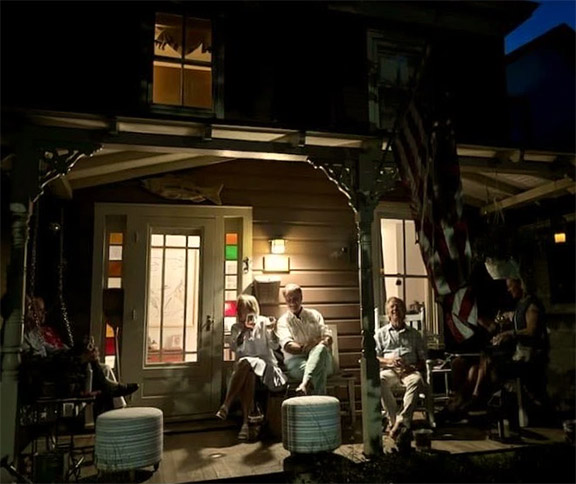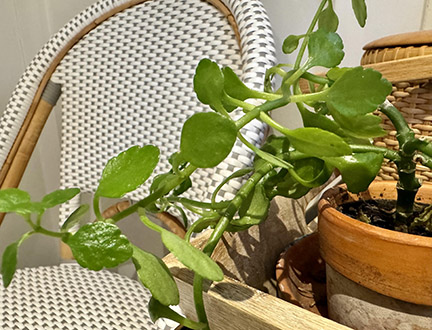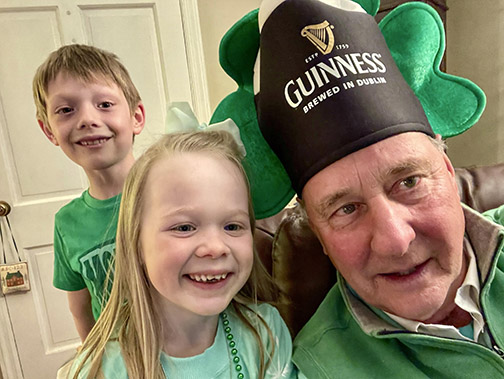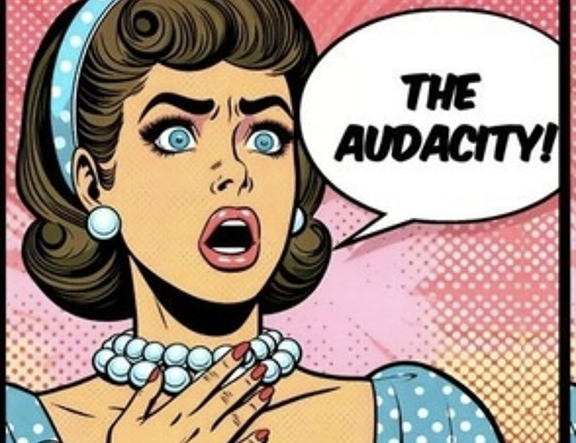 My memory is increasingly suspect these days, but this really happened. At least, I think it did…
My memory is increasingly suspect these days, but this really happened. At least, I think it did…
It was the summer of 1966, the months between my senior year of high school and my freshman year of college. I was heading north, part of a group of young volunteers organized by what was known at the time as The Grenfell Mission (it’s now called the Quebec-Labrador Foundation) that provided community-based support for conservation and the cultural heritage of the coasts of northern Quebec and Labrador. There were about a dozen of us who would spend the next several weeks working and living in various isolated fishing villages along the St. Lawrence River in northern Quebec. To get there, we flew commercially to Montreal, then boarded a small DC-7 that took us on to Quebec City at which point, we embarked on a packet steamer that over the course of the next three days dropped us off, one-by-one, in our assigned villages. I was the last boy to disembark. My new home would be with the Nadeau family who lived out on the quay near the village of St. Paul’s River, the last stop before the Labrador border; Newfoundland lay just off the coast.
The Nadeau family had eleven children, the eldest only a couple of years younger than I. (I would turn 18 at the end of that summer.) My “job” was to work with the young children in the village, teaching them how to swim, an essential life skill since all the boys would grow up to be fishermen, and all the girls would grow up to marry fishermen. I suppose there were other skills to impart, but in reality, I was basically a camp counselor, a tall and gangly pied-piper to the village kids who had been released from the town’s one-room schoolhouse for the few short weeks of a northern summer. Of course, what I didn’t realize at the time was that I was the one who was doing all the learning—about a different culture, a different way of life, an entirely different world. It was, to say the least, my first experience in becoming a small part of a world that was so much larger than anything I had ever known or even imagined.
Bob Bryan, the chaplain at the high school I had attended, ran the program. He was an Anglican priest and his summer parish was the Quebec-Labrador coast. To tend to his flock, he flew his own sea plane up and down the coast, baptizing babies, marrying couples, burying the dead. He was a revered figure in those parts and I wanted to be just like him someday.
On this particular day, I was with the village kids in town when we heard Bob’s plane overhead. He circled the village a couple of times, then waggled his wings, a sure sign he had something for us. I remember looking up and seeing his grinning face looking out from the pilot’s little window, just before he dropped a package that tumbled down to us. The kids rushed to open the package. Inside were two pair of boxing gloves.
Bob’s plane continued to circle above us. Immediately, the kids formed a ring and the boxing gloves were distributed. I got the first pair and an enormous teenage boy got the other pair. What happened next was…well, I don’t really remember what happened next, but it must have been the shortest match in the history of boxing. I was like one of those cartoon characters who wakes up to see little birdies swirling around his head. I think I remember seeing Bob, leaning out the window of the plane waving and laughing before he flew away.
There is no real point to this story; it’s just a memory, but, like other good memories, it recalls another time, another place, and another me. As my brother-in-law David liked to say, “It’s all good.”
I’ll be right back.
Jamie Kirkpatrick is a writer and photographer who lives on both sides of the Chesapeake Bay. His work has appeared in the Washington Post, the Baltimore Sun, the Philadelphia Inquirer, the Pittsburgh Post-Gazette, the Washington College Alumni Magazine, and American Cowboy Magazine. His most recent novel, “The Tales of Bismuth; Dispatches from Palestine, 1945-1948” explores the origins of the Arab-Israeli conflict. It is available on Amazon and in local bookstores.


